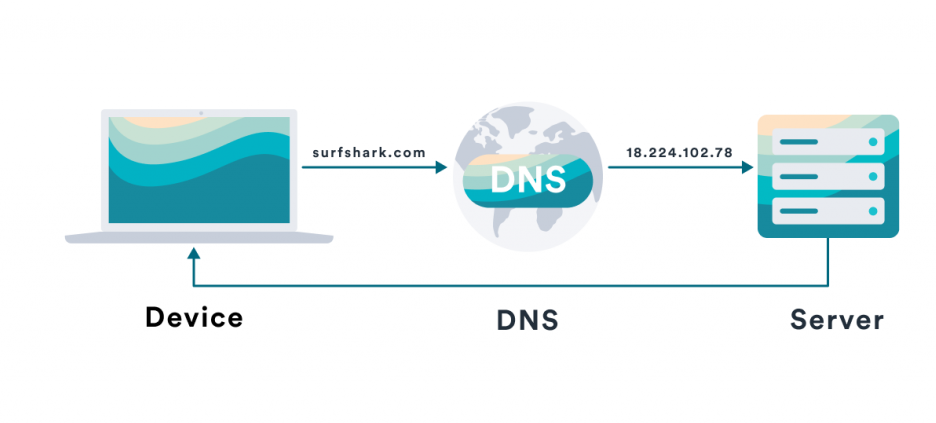The Importance Of Family Therapy In Addiction Recovery

Addiction is a disease that not only affects the individual struggling with substance abuse but also their loved ones. Family members often feel helpless and frustrated as they watch their loved one struggle with addiction. However, involving the family in addiction treatment can have a significant impact on the success of recovery. Family therapy is a valuable tool that can help individuals and their families heal and recover from the devastating effects of addiction.
What Is Family Therapy?
Family therapy is a form of psychotherapy that focuses on the relationships and interactions among family members. It aims to identify and address the underlying issues that contribute to addiction, including family dynamics, communication poems, and unresolved conflicts. In family therapy, all family members are encouraged to participate, including spouses, children, parents, and other relatives.
The Goals Of Family Therapy
The goals of family therapy in addiction recovery are to improve communication, rebuild trust, and repair damaged relationships. It also aims to help family members understand the nature of addiction and how it affects the individual and the family as a whole. Family therapy can also help families learn coping skills and strategies to support their loved one’s recovery.
Benefits Of Family Therapy In Addiction Recovery
- Support For The Individual In Recovery: Family therapy provides a supportive environment for the individual in recovery. It can help them feel less isolated and more understood, knowing that their family members are involved in their treatment.
- Improved Communication: Addiction can cause communication breakdowns within families. Family therapy can help improve communication and reduce misunderstandings, leading to a more positive and supportive environment.
- Strengthened Relationships: Addiction can strain relationships, leading to broken trust and damaged bonds. Family therapy can help rebuild relationships and create a stronger, healthier family unit.
- Address Underlying Issues: Family therapy can help identify and address underlying issues that contribute to addiction, such as family conflict, trauma, and mental health issues.
- Learn Coping Skills: Family members can learn coping skills to help them support their loved one’s recovery and manage their own emotional reactions to the addiction.
- Prevent Relapse: Family therapy helps prevent relapse by improving the family’s understanding of addiction and the recovery process. It can also help them identify triggers and develop strategies to avoid them.
Types Of Family Therapy
- Multidimensional Family Therapy (MDFT): MDFT is an evidence-based therapy that focuses on the family as a whole. It aims to improve family functioning and address issues that contribute to addiction, such as family conflict, communication problems, and parenting issues.
- Structural Family Therapy (SFT): SFT is a therapy that focuses on the structure of the family unit. It aims to identify and address dysfunctional patterns of interaction within the family, such as enmeshment or disengagement.
- Behavioral Family Therapy (BFT): BFT is a therapy that focuses on changing behavior patterns within the family. It aims to improve communication and increase positive interactions within the family unit.
- Brief Strategic Family Therapy (BSFT): BSFT is a therapy that focuses on short-term solutions to specific issues within the family. It aims to identify and address problematic behaviors and interactions within the family.
Conclusion
Addiction is a complex disease that affects the individual struggling with substance abuse as well as their loved ones. Family therapy is a valuable tool in addiction recovery that can help families heal and rebuild relationships. It can provide support, improve communication, and address underlying issues that contribute to addiction. Family therapy can also help family members learn coping skills and strategies to support their loved one’s recovery and prevent relapse. Rockland Recovery Treatment Centers provide comprehensive and personalized addiction treatment programs to help individuals achieve lasting recovery and wellness.





